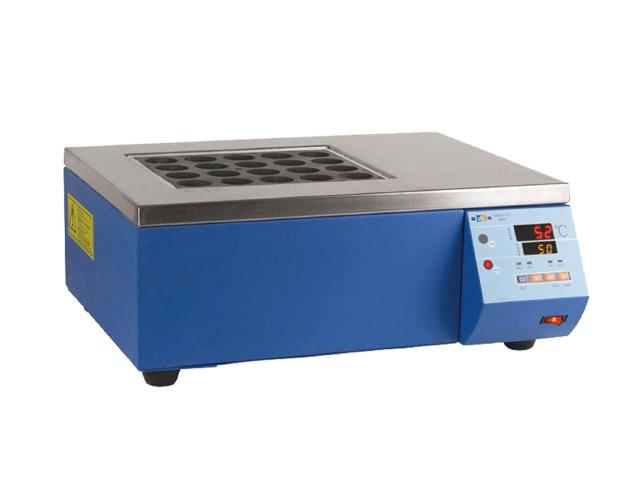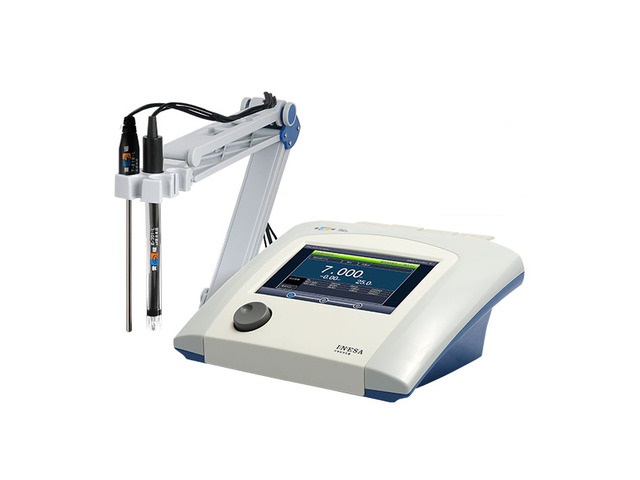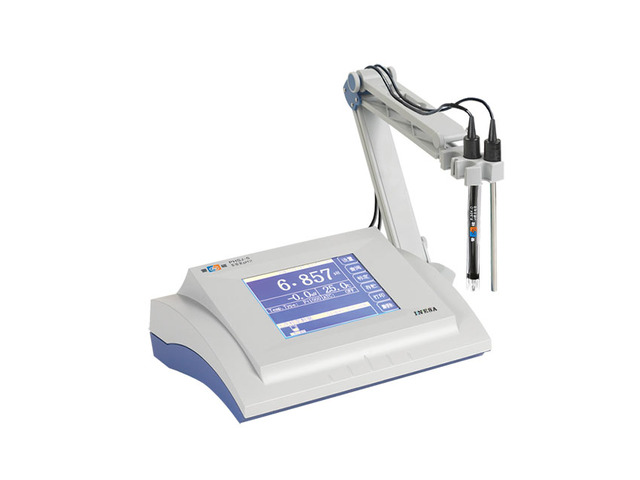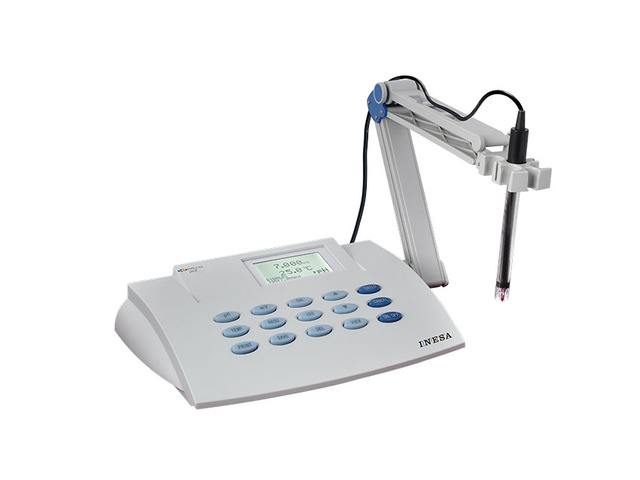| Name: | KDNX-20 graphite digestion apparatus |
|---|---|
| Temperature control range: | +5℃~450℃ |
| Temperature control accuracy: | ±1℃ |
| Number of samples for single digestion: | 20 units |
Model Parameters | KDNX-20 |
Temperature control range | Room temperature +5℃~450℃ |
Temperature control accuracy | ±1℃ |
Digestive tract | 280mL(Full capacity H2O 20℃) |
Number of samples for single digestion | 20 units |
Power supply | 220VAC±10% 50Hz |
Dimensions and weight | 515×421×211(mm);25Kg |
The temperature in the furnace is continuously adjustable, the controllable temperature is constant, and the instrument operation is simple.
20 samples can be digested at the same time, greatly improving work efficiency.
The average temperature difference in the furnace is small, the sample digestion effect is consistent, and the heat conduction efficiency is high.
Corrosion-resistant design, the surface of the whole machine is resistant to strong acid and alkali corrosion.
The whole machine has multiple protections such as overvoltage, overcurrent and overheating.
All parts of the sample are heated evenly, which prevents heat loss to the greatest extent.
The graphite block is treated with special anti-oxidation technology to extend the service life and the temperature difference between the furnace body holes is small.
Real-time man-machine dialogue, the experiment time is up to cut off the output.
KDNX-20 graphite digestion instrument adopts international advanced technology, has the advantages of fast, efficient and convenient digestion. It is suitable for agriculture, forestry, environmental protection, chemical industry, food, medicine, biochemistry and other industries, as well as universities and scientific research departments for soil and food Sample digestion treatment before chemical analysis of samples such as feed, plants, seeds, ores.
KDNX-20 graphite digestion instrument adopts international advanced technology, has the advantages of fast, efficient and convenient digestion. It is suitable for agriculture, forestry, environmental protection, chemical industry, food, medicine, biochemistry and other industries, as well as universities and scientific research departments for soil and food Sample digestion treatment before chemical analysis of samples such as feed, plants, seeds, ores.






